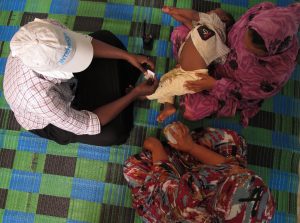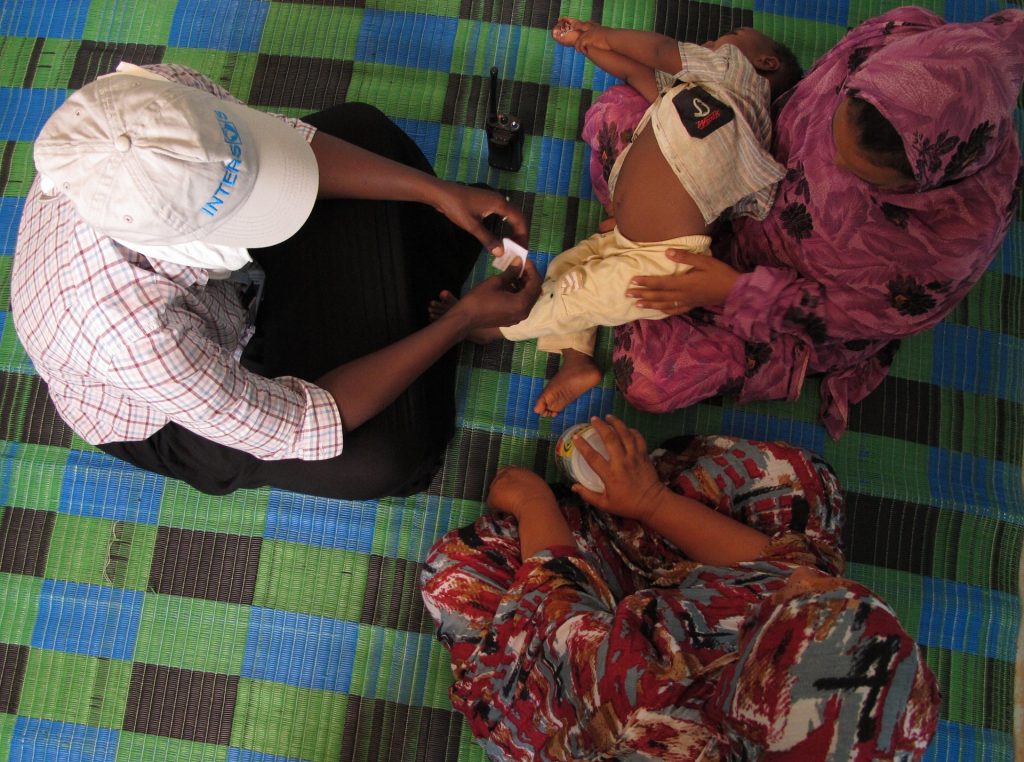The secretary general of the SADC parliamentary forum (SADC PF), Esau Chiviya, says the forum has begun mainstreaming gender-based violence (GBV) in its work to ensure that the region’s members of parliament fully appreciate the problem and how it can be addressed.

Chiviya said this in remarks made on his behalf by Moses Magadza, the communications and advocacy specialist at the SADC PF during a joint workshop of the pan-Africa-parliament (PAP)’s committees on gender, health and education on International Women’s Day.
The SADC PF, which brings together 14 national parliaments in the SADC region, was invited to share its experiences in responding to GBV, which affects more than 35 million women all over the world, according to the World Health Organisation and other sources.
“Our key strategy has been to ensure that GBV is mainstreamed or integrated into the work that we do in SADC member states in the areas of sexual and reproductive health and rights, HIV and AIDS,” Chiviya said.
He explained that SADC PF was implementing a four-year SRHR, HIV and AIDS governance project in seven SADC member states, including Namibia, with financial support from Sweden and Norway.
The project is being implemented with and through national parliaments to build the capacity of members – particularly women parliamentarians – to advocate universal access to SRHR.
“We ensure that there is a presentation on GBV at every meeting or workshop that we hold with MPs so that we build their knowledge of the problem. These presentations expose MPs to the current and emerging GBV-related issues so that they find an entry point,” he said, adding that like snipers, MPs could only shoot down a clearly identified target.
The secretary general gave the example of a regional symposium that SADC PF convened from 7-8 September last year in Botswana, and which brought together MPs from all over SADC and experts working on GBV and SRHR.
That symposium reviewed the evidence on the link between GBV and SRHR, highlighted issues and gaps in the development and implementation of related laws, examined strategies for action against GBV by MPs, and made recommendations on how MPs could actively combat GBV.
“Experts addressed our MPs on many issues, including the underlying causes of GBV and its impact on SRHR; GBV in prisons; the trafficking of persons; the economic impact of GBV; available legal structures; and how men and boys can become change agents in the fight against GBV,” Chiviya said.

